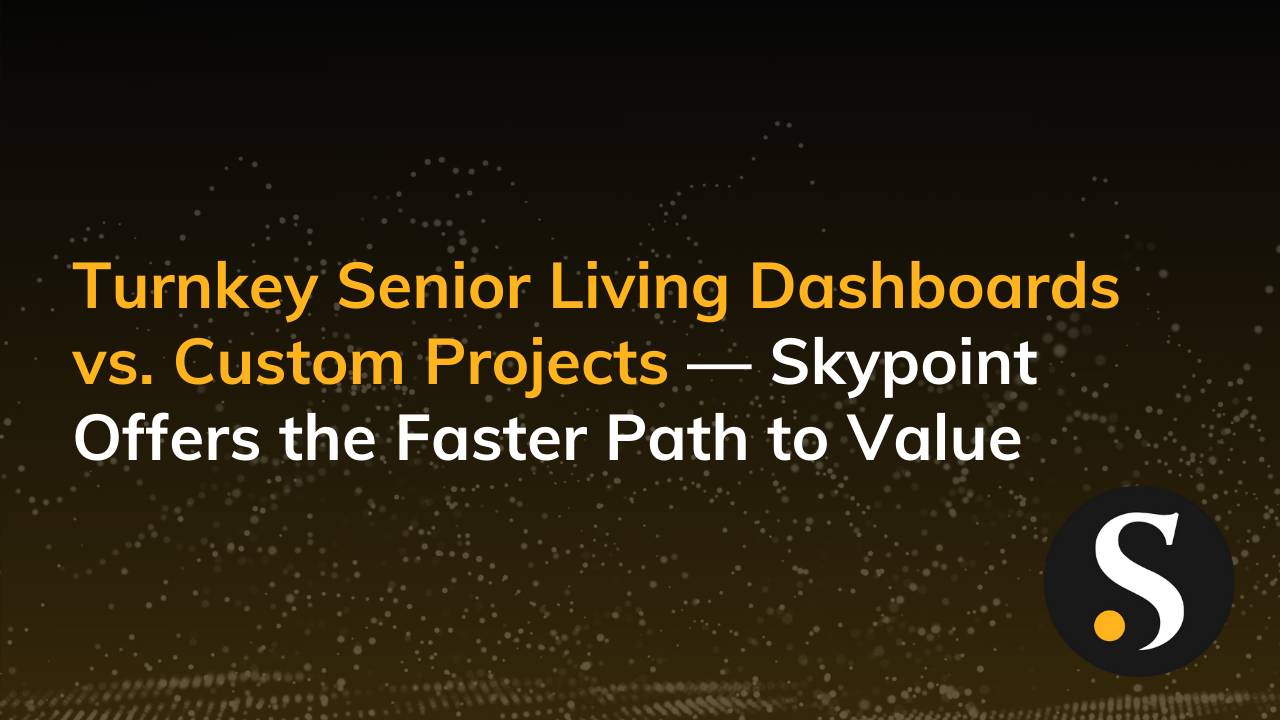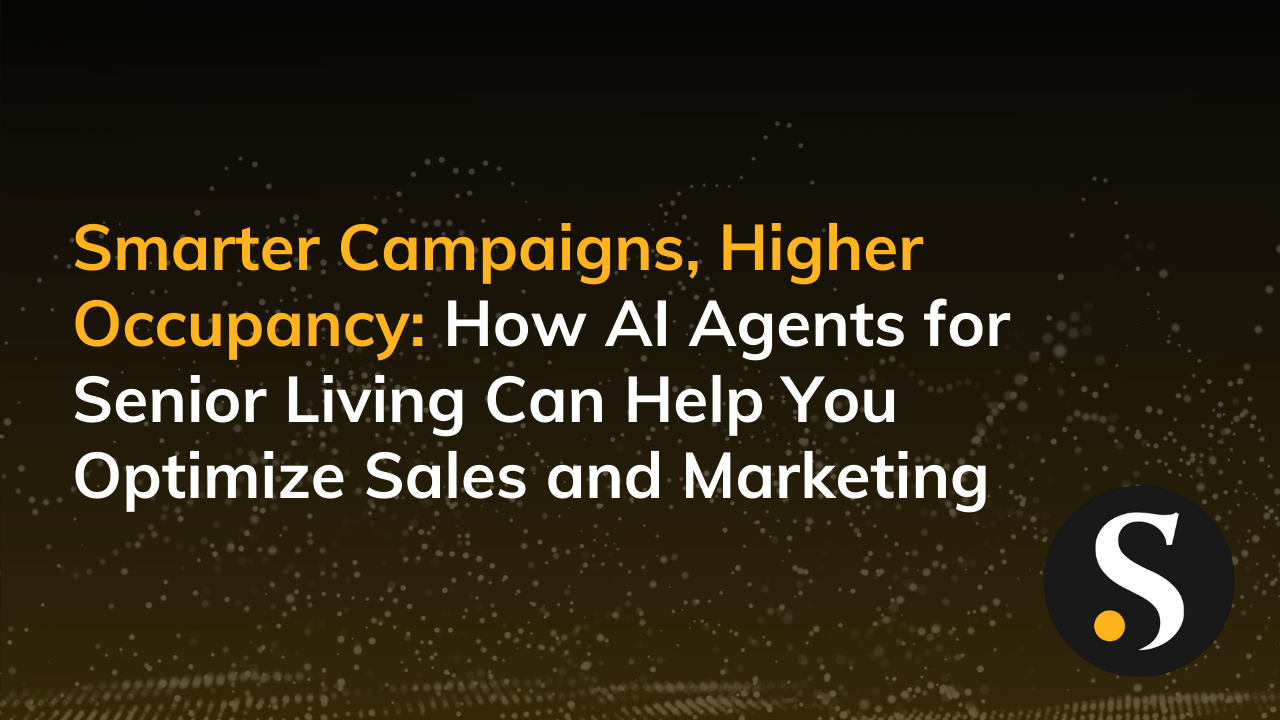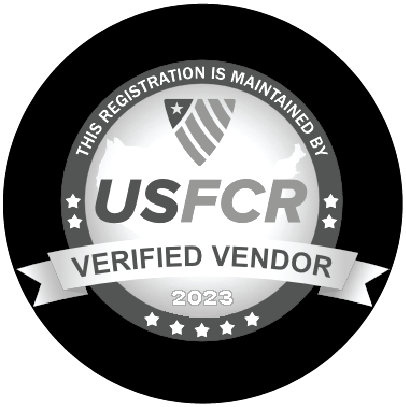You understand the importance of data protection. But have you considered that mixing sensitive and non-sensitive data in the same storage solution could put your organization and customers at risk? Have you also considered how taxing this unnecessarily complicated data management process is on your team?
Let’s say you need a customer’s social security number (SSN) for a specific process once a year. The rest of the time, this information is a liability to your organization. If you store it with other information in a database, which can be accessed by employees who don’t need to know a customer’s SSN to do their jobs, you’re increasing your risks significantly.
Enterprises such as Amazon, Netflix, Google, and Apple have been treating data with various levels of sensitivity differently by isolating sensitive information and putting it in a zero-trust data vault. But these custom solutions are costly and generally not easy for smaller organizations to implement… until now.
Skypoint’s data privacy vault helps you check all the boxes for fulfilling privacy requirements and complying with federal regulations without the high cost of building a custom solution. Here’s what you need to know about data privacy vaults, data privacy management challenges, and the benefits of using a data privacy vault to see if it’s right for you.
What is a Data Privacy Vault?
A data privacy vault allows companies to isolate, encrypt, govern, and utilize sensitive data. Such information includes personally identifiable information (PII), payment card information (PCI), and healthcare records. It helps you stay compliant with data privacy laws (i.e. GDPR, CCPA, HIPAA, PCI-DSS, FINRA) while delivering a modern customer experience.
A data privacy vault offers a level of protection beyond securing a database (which doesn’t equal protecting the data.) The technology secures data by encrypting the information at rest and in use with the help of homomorphic encryption technology that allows you to perform computations on the encrypted data.
Skypoint Vault gives you the added advantage of being a standard platform built on Microsoft’s Common Data Model (CDM). It integrates seamlessly with our customer data platform (CDP) and the Microsoft tech stack. Since you don’t have to address the storage of sensitive information in your database, you can architect your applications more efficiently.
What Data Privacy Vault is Not
A data privacy vault is often confused with other data management solutions. Here are some key differences among different applications:
Data Privacy Vault vs. Datastore
A datastore is a repository for the persistent storage of all types of data (i.e. a database, file system, or directory) in various formats (i.e. text, image.) Unlike a data privacy vault, a datastore deals only with data at rest and doesn’t necessarily address how the data is protected.
Data Privacy Vault vs. Data Vault
A data vault is an architecture for delivering data analytics services. It evolves with your business intelligence, data warehousing, and data science needs. While it enables automation and helps lower costs, its features aren’t specifically designed to address today’s data privacy compliance regulations and requirements.
Data Privacy Vault vs. Data Warehouse
A data warehouse refers to a structured repository for storing data assets consolidated to answer a specific business-related question. Unlike a data privacy vault, it’s not designed specifically for storing sensitive information. In fact, the data is often intended for sharing with multiple users, and sometimes, the public.
Data Privacy Management Challenges
Most businesses collect and store customers’ PII (i.e. names, addresses, dates of birth, phone numbers, SSN) for various purposes. But such regulated information is also highly valuable to threat actors.
The challenge is to have the ability to use sensitive data efficiently while ensuring its security—which is easier said than done because you must address the various aspects of data protection and data privacy management:
- Data security: Preventing your sensitive information from being accessed by unauthorized personnel.
- Data residency: Meeting government restrictions on where their citizens’ PII is kept.
- Data governance: Ensuring that your data is used appropriately and providing suitable proof of its usage for audits.
- Regulatory compliance: Adhering to data privacy laws to avoid fines and bad press.
- Secure data sharing: Ensuring that data is used across the organization without compromising confidentiality.
- De-identification, tokenization, and encryption: Protecting your data in case it is intercepted by hackers.
These issues will only become more challenging as the amount of data we collect grows exponentially and the use of multiple systems and platforms increases the attack surface. Not to mention, the use of technology such as IoT and mobile devices opens up even more vulnerabilities that criminals can exploit.
Yet, data privacy management requires a lot of security and compliance resources that can be a strain for any organization.
A DIY approach involves creating an encryption algorithm and a PII detection framework. Then, you need to establish privacy policies, build a data access layer, and set up access control. You’ll also have to oversee key management deployment and auditing.
Alternatively, you can stitch together multiple solutions (and hope that they play nicely with each other.) These include an encrypted database, a tokenization tool, a data categorization engine, an API endpoint security solution, and more.
Both of these solutions are cumbersome and expensive. They require substantial upfront investment and maintenance costs. Additionally, you have to stay current with data privacy regulations and update your applications and architecture regularly to maintain compliance.
That’s why more organizations are using data privacy vaults—end-to-end solutions that help them address the many aspects of data privacy management requirements while ensuring that their processes are up-to-date with the latest data privacy laws.
The Benefits of Using a Data Privacy Vault
Organizations have to handle vast amounts of data to inform accurate decision-making and deliver a competitive customer experience. The other half of the equation is complying with various data privacy regulations.
A data privacy vault simplifies data protection and prevents data breaches while saving you time and resources on data management tasks.
- Support the implementation of a zero-trust model through role-based access control and data authentication to ensure that only authorized personnel can access specific datasets.
- Isolate sensitive information to streamline monitoring of such data without driving up costs or taxing your resources.
- Reduce unnecessary data risks by using leading-edge data security solutions, such as de-identification and homomorphic encryption.
- Enable secure data sharing with internal systems and third-party platforms through methods such as encryption, data masking, and differential redaction.
- Provide pro-code and low-code developers a cost-efficient way to ensure data protection through a simple infrastructure that supports REST and SQL APIs.
- Integrate with reporting tools, such as
, to support accurate data-driven decision-making while protecting sensitive customer data.
- Stay compliant with the latest data privacy regulations to avoid hefty penalties without having to hire a large team of security experts.
- Reduce the time-to-market of applications and APIs that require a data privacy component and ensure that they use data responsibly.
Do You Need a Data Privacy Vault?
A data privacy vault will benefit any business that collects, processes, and stores customer PII, particularly companies that operate in a regulated industry (i.e. finance, healthcare.) Here are some examples:
- A retailer runs a loyalty program, which requires the collection of customers’ phone numbers, email addresses, dates of birth, and more.
- An ecommerce seller offers customers the convenience of creating a profile and storing their payment card and billing information.
- A healthcare organization provides a patient-facing app that uses sensitive information, such as Medical Record Numbers (MRNs) and home addresses.
- A financial institution handles payments and PII of its customers.
- A software-as-a-service (SaaS) company provides applications that handle sensitive business data and end-user information on behalf of its customers.
- A managed services provider (MSP) handles employees’ personal information on behalf of its clients (i.e. processing HR applications.)
Protect Your Organization From Data Security Threats
The age of data privacy has arrived. Organizations of any size must have a cost-effective way to collect and update PII securely in a zero-trust vault. They also need to utilize the information responsibly throughout the organization to facilitate business processes and deliver a modern customer experience.
Skypoint Vault is an automated solution that keeps all your sensitive data secure without investing in expensive custom-built solutions or hiring a large team to stay on top of compliance requirements.
Additionally, it integrates seamlessly with 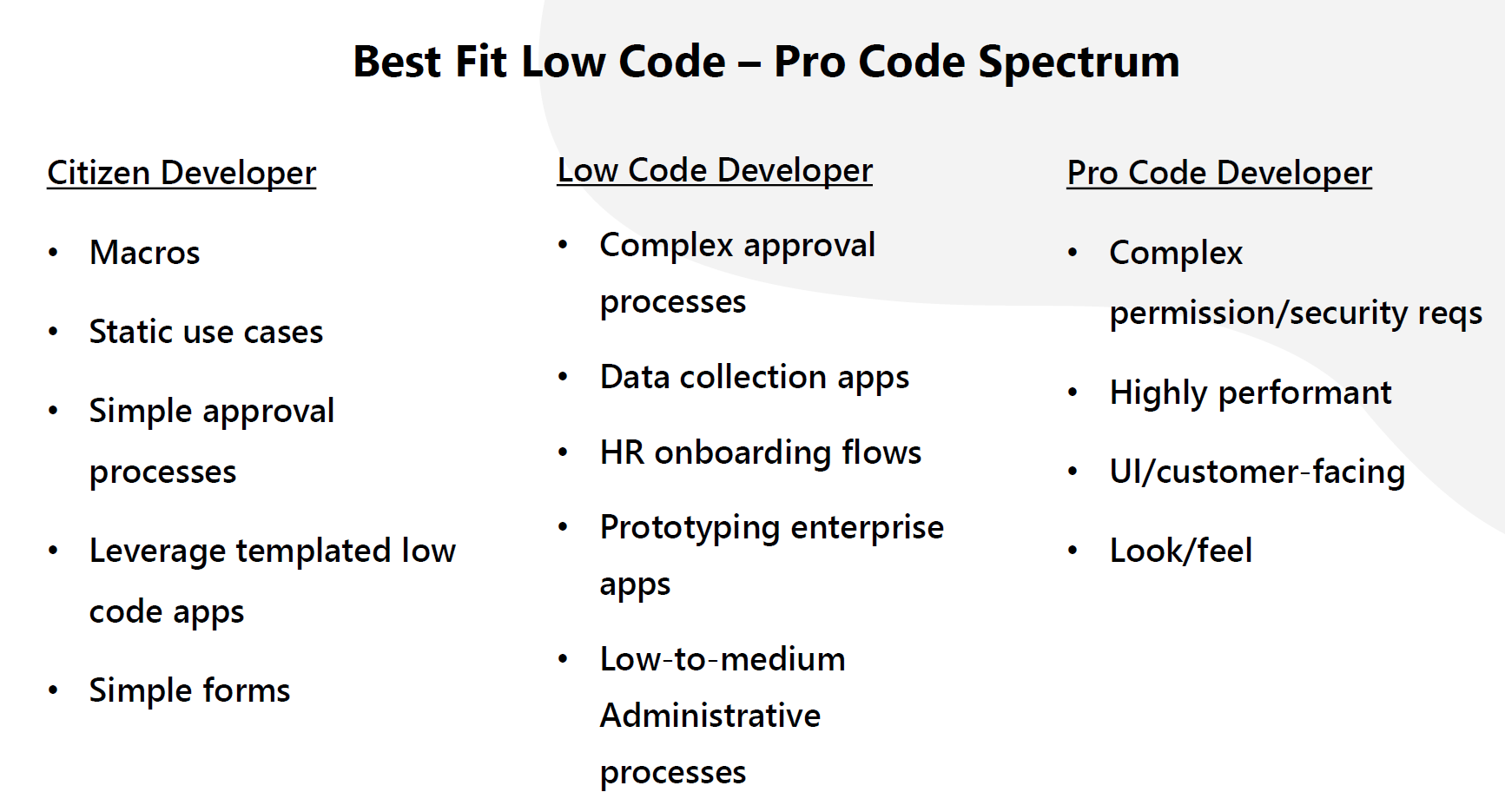
Learn more about Skypoint Vault and schedule a demo to see how we help you improve data protection and data privacy management.



